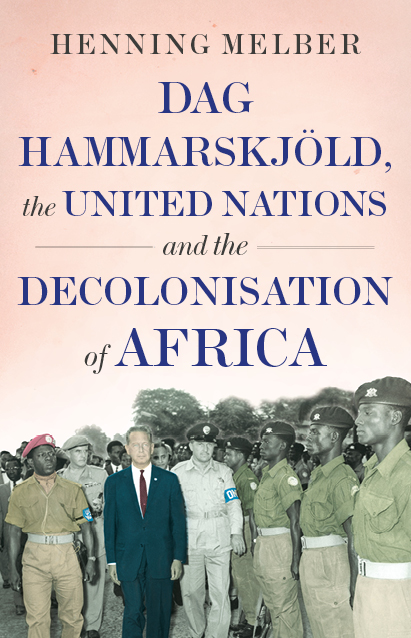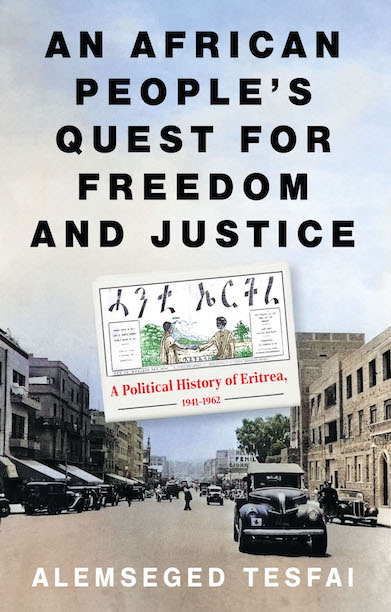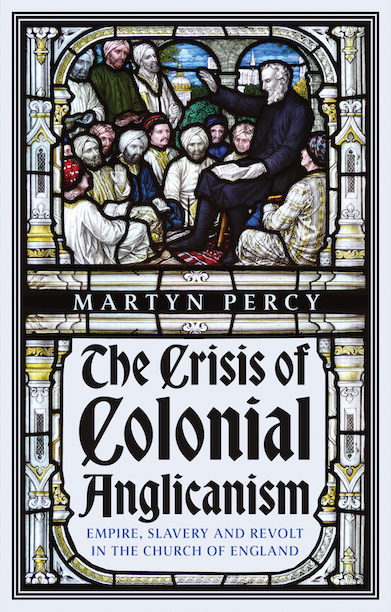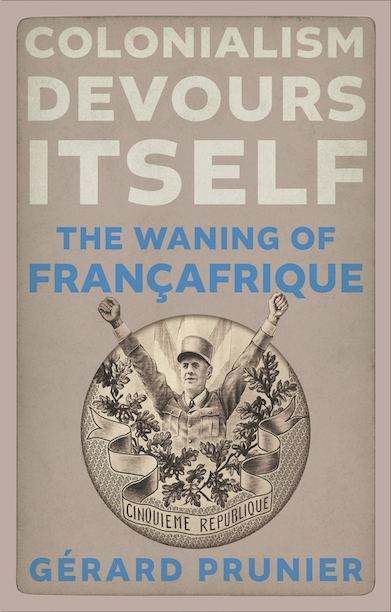Dag Hammarskjöld, the United Nations and the Decolonisation of Africa
A new investigation into Hammarskjöld’s role in the decolonisation of Africa during the Cold War offers startling conclusions
Description
In 1953 Dag Hammarskjöld became the second Secretary-General of the United Nations—the highest international civil servant. Before his mission was cut short by a 1961 plane crash in then Northern Rhodesia (Zambia), he used his office to act on the basis of anti-hegemonic values, including solidarity and recognition of otherness. The dubious circumstances of Hammarskjöld’s death have received much attention, including a new official investigation, but have perhaps overshadowed his diplomatic legacy—one that has often been hotly contested.
Henning Melber explores the years of African decolonisation during which Hammarskjöld was in office, investigating the scope and limits of his influence within the context of global governance. He paints a picture of a man with strong guiding principles, but limited room for manoeuvre, colliding with the essential interests of the big powers as the ‘wind of change’ blew over the African continent. His book is a critical contribution to the study of international politics and the role of the UN in the Cold War. It is also a tribute to the achievements of a cosmopolitan Swede.
Reviews
‘[Melber] has produced a nuanced defence of Hammarskjöld’s tenure at the UN … Regarding the plane crash, [Melber] suggests convincingly that forces hostile to decolonisation, including southern African white settlers, caused the crash.’ — Foreign Affairs
‘In Henning Melber, [Dag Hammarskjöld] finds a painstaking and thorough biographer. Melber is especially good on the genesis of the human rights discourse, that is, to the formation of a human rights regime. He treats this sensitively and intelligently and in a balanced way.’ — The Round Table
‘This succinct political and intellectual biography of Dag Hammarskjöld [offers] important insights into the role of the UN in Africa during the early years of decolonisation.’ — Journal of Modern African Studies
‘Melber’s book is a compelling one, based on assiduous research, which avoids slipping into hagiography. … [Dag Hammarskjöld] provides a forceful counterargument that explains how Hammarskjöld embodied a short-lived zeitgeist and why his application of an ethical vision to international diplomacy remains pivotal today.‘ — Journal of African History
‘Substantially adding to his previous publications on the UN Secretary-General, in this well-researched contribution to the field of Cold War Studies, Melber emphatically portrays the biography of a man who himself was driven by strong guiding principles.’ — Connections
‘Melber has produced an eloquently written and well-argued book that provides a nuanced but critical explanation of Hammarskjöld’s role as UN Secretary General. [This book] furnishes a revealing perspective on Hammarskjöld’s character, and greatly contributes to a better understanding of the complicated role that the UN has played in Africa.’ — Southern Journal for Contemporary History
‘This book describes a complex and sensitive man whose vision contributed positively to the development of the UN system and who tried to work for a better world despite the messy reality of world politics. It throws light on a moment when the UN was trying to find its feet, as were the many new states of Africa, and how the two interacted. It also provides an update on the question of who killed him.’ — Chartist
‘This books offers a succinct and informative overview of the influences that shaped Hammarskjold, his work in relation to Africa, and the legacies he bequeathed to the UN. Long after his untimely death, Hammarskjold continues to illuminate much of the UN’s history, and its complicated relationship with Africa.’ — New Books Network
‘This brilliantly judicious and moving account places Hammarskjöld within the heady context of African decolonisation, UN governance and the Cold War. Melber sensitively portrays a man of integrity and individualism, who dared stand up to the most powerful political forces of his time, and paid for it with his life.’ — Joanna Lewis, Associate Professor of International History, LSE, and author of Empire of Sentiment
‘A carefully researched re-evaluation of Hammarskjöld, whose life and mysterious death still excite bitter controversy. Melber’s emphasis upon his struggles to reconcile personal values with the brutality of realpolitik throws new light on his exercise of huge geopolitical authority.’— Richard Rathbone, Professor of the Modern History of Africa, SOAS University of London
‘An intelligent and thoughtful exploration of a complex man and his special kind of anti-colonialism, working to underpin the UN as a creative space for counternarratives promoting change and reform. This welcome reassessment of a pragmatic visionary carefully examines his involvement in the UN’s Cold War, and his untimely death.’ — Sue Onslow, Deputy Director, Institute of Commonwealth Studies
‘Written with personal engagement as well as scholarly acumen, this book offers a nuanced analysis of Hammarskjöld’s motivations and his impact on African decolonisation. Henning Melber’s examination of the Congo crisis and the investigations into Hammarskjöld’s death are especially compelling.’ — Poppy Cullen, Postdoctoral Research Fellow, University of Exeter & Arts and Humanities Research Council, and author of Kenya and Britain After Independence
Author(s)
Henning Melber is Director Emeritus of the Dag Hammarskjöld Foundation and former research director of the Nordic Africa Institute. Since joining Namibia’s anti-colonial movement, he has been a scholar-activist. His books include Understanding Namibia and Dag Hammarskjöld, the United Nations and the Decolonisation of Africa, both published by Hurst.






